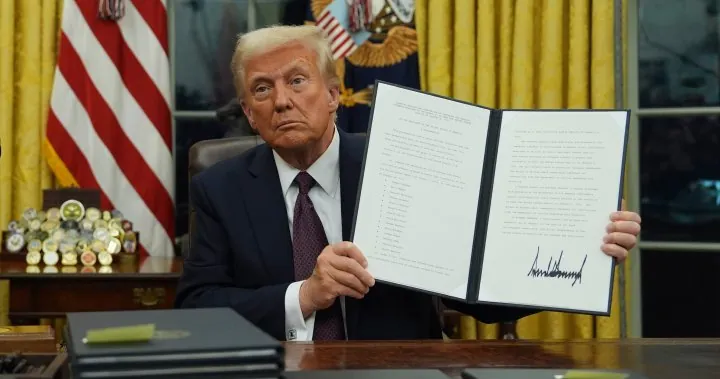
Trump’s Sweeping Pardons for January 6th Rioters: A Controversial Move That Shakes America
2025-01-21
Author: Jacob
In a dramatic turn of events, former President Donald Trump has exercised his clemency powers to grant pardons, commute prison sentences, and seek case dismissals for over 1,500 individuals charged in connection with the January 6, 2021, Capitol riot. This unprecedented move marks a significant moment as Trump returns to the White House, provoking fierce reactions from across the political spectrum.
This sweeping action comes as a direct affront to the Justice Department’s extensive efforts to hold accountable those involved in the violent attempt to overturn the 2020 election results. The rioters, many of whom engaged in brutal attacks on law enforcement—leaving more than 100 officers injured—represent a stark reminder of the mayhem that unfolded as a mob of Trump supporters stormed the Capitol. The chaos on that fateful day saw rioters armed with improvised weapons, including flagpoles and bear spray, vandalizing the sacred halls of American democracy.
In addition to the pardons, Trump has mandated the attorney general to dismiss around 450 ongoing cases related to this historic investigation, viewed as one of the largest ever undertaken by the Justice Department. This sweeping act signifies a desire to rewrite the narrative surrounding the Capitol events, portraying the participants as victims of a political witch hunt rather than as perpetrators of violence.
Trump’s comments resonated with his supporters as he described the rioters as "patriots" who had been unfairly treated, calling the actions taken against them a "grave national injustice." The response from Trump loyalists has been jubilant, with gatherings outside correctional facilities celebrating this development as a monumental vindication.
However, reactions from the Democratic Party have been swift and sharp, condemning the pardons as an egregious insult to the justice system and the law enforcement officials who risked their lives that day. Former House Speaker Nancy Pelosi characterized the pardons as an "outrageous insult" to those who suffered both physically and emotionally while defending the Capitol. Senate Democratic Leader Chuck Schumer voiced his disapproval, claiming Trump is ushering in a "Golden Age" for lawbreakers.
Not all voices echo support for Trump’s actions; former Metropolitan Police Officer Michael Fanone, who suffered serious injuries during the riot, expressed disbelief that those who assaulted law enforcement are to be pardoned. He described the decision as chilling, further compounding his fears for personal safety.
With Trump’s administration previously suggesting a more measured approach to the pardons, the recent sweeping clemency has raised eyebrows and questions regarding the implications for justice and accountability in America. Notably, Trump's pardons have stimulated broader conversations surrounding accountability for violent actions and the attempts to overturn democratic processes.
As the dust settles on this pivotal moment in American politics, questions remain about the future—both for those pardoned and for the country as it grapples with the ramifications of this unprecedented act. The journey ahead promises to be anything but straightforward, as America continues to navigate the fractures in its political landscape that the January 6th incident has exposed.
Stay tuned as we cover the unfolding reactions and legal developments from this historic decision!



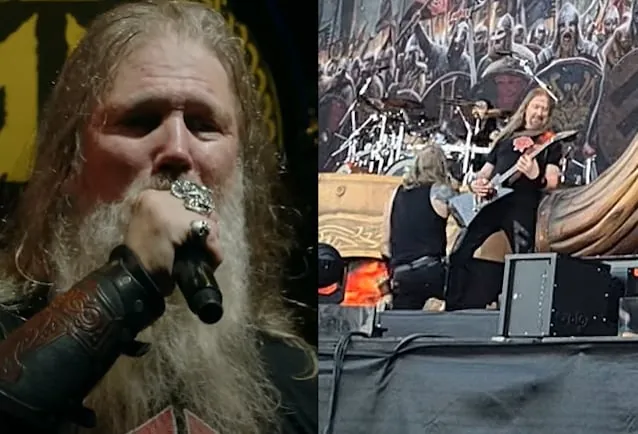
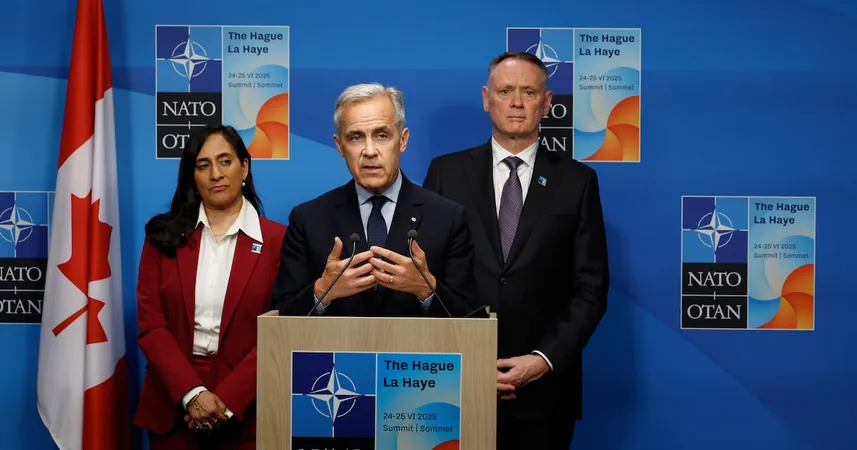

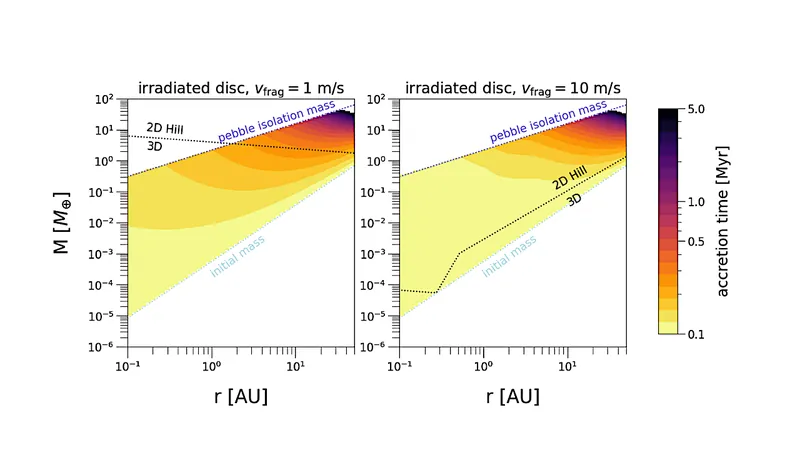
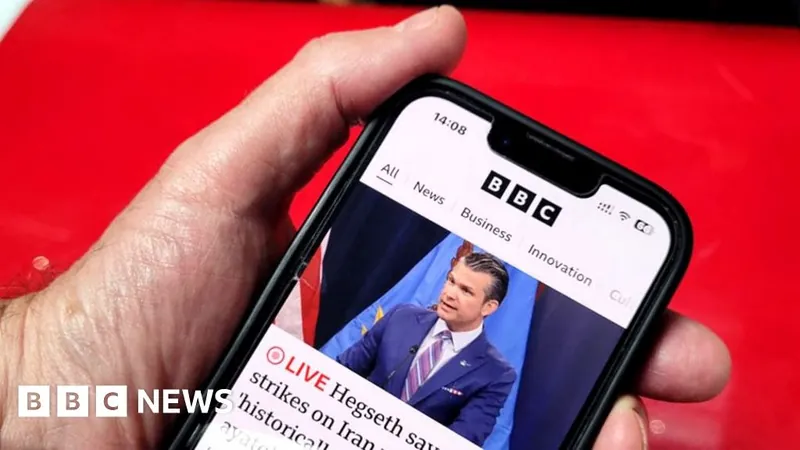

 Brasil (PT)
Brasil (PT)
 Canada (EN)
Canada (EN)
 Chile (ES)
Chile (ES)
 Česko (CS)
Česko (CS)
 대한민국 (KO)
대한민국 (KO)
 España (ES)
España (ES)
 France (FR)
France (FR)
 Hong Kong (EN)
Hong Kong (EN)
 Italia (IT)
Italia (IT)
 日本 (JA)
日本 (JA)
 Magyarország (HU)
Magyarország (HU)
 Norge (NO)
Norge (NO)
 Polska (PL)
Polska (PL)
 Schweiz (DE)
Schweiz (DE)
 Singapore (EN)
Singapore (EN)
 Sverige (SV)
Sverige (SV)
 Suomi (FI)
Suomi (FI)
 Türkiye (TR)
Türkiye (TR)
 الإمارات العربية المتحدة (AR)
الإمارات العربية المتحدة (AR)